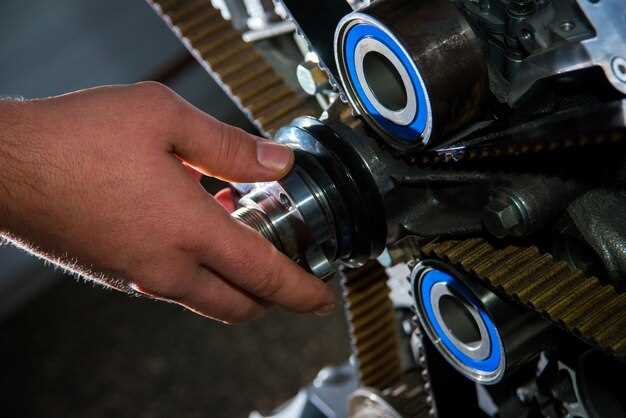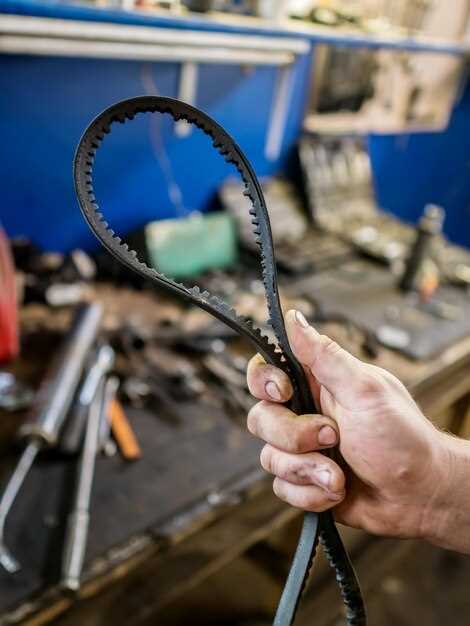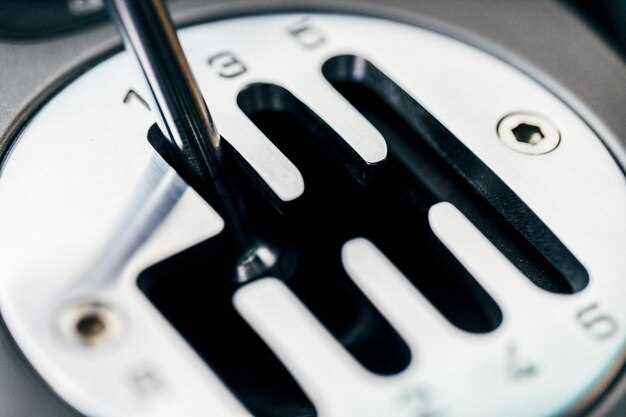
The timing belt is a crucial component of your Audi’s engine, responsible for synchronizing the movement of the camshaft and crankshaft. Over time, this belt undergoes wear and tear, making it essential for car owners to recognize the signs that indicate a need for replacement. Failing to address these issues promptly can lead to severe engine damage, costly repairs, and unexpected breakdowns.
One of the most prominent signs that your timing belt may need to be replaced is the presence of a ticking or knocking noise coming from the engine. This sound often signifies wear on the belt or its associated components. Additionally, noticing a substantial decrease in engine performance or power can indicate timing issues, as the belt’s inability to maintain the correct timing can disrupt the engine’s operation.
Visual inspections are also vital. If you notice any fraying, cracks, or glazed surfaces on the belt, it’s imperative to schedule a repair. Moreover, if your Audi experiences engine misfires or struggles to start, it may be a direct result of a failing timing belt. Being proactive in monitoring these signs can help you avoid significant headaches down the road and ensure that your vehicle operates smoothly.
Unusual Noises from the Engine When Starting

When you start your Audi, the engine should operate smoothly without any strange sounds. However, if you notice unusual noises, it may indicate a potential issue with the timing belt. These sounds can manifest as grinding, ticking, or squealing, which are often signs that the timing components are not functioning properly.
The timing belt plays a critical role in synchronizing the engine’s moving parts. If it becomes worn or damaged, it can lead to misalignment of the engine components, resulting in abnormal sounds. Ignoring these noises can lead to severe engine damage and costly repairs.
If you hear any unexpected noises while starting your engine, it is advisable to have your vehicle inspected by a professional. Early diagnosis can prevent more extensive repairs and ensure your engine runs efficiently.
Signs of Oil Leaks Near the Timing Belt Cover
Oil leaks near the timing belt cover can indicate serious issues that may jeopardize the timing of your Audi’s engine. One primary sign to look for is the presence of oil streaks or puddles beneath the vehicle. If you notice oil pooling under the timing belt area, it’s essential to address the situation immediately.
Another critical sign is the accumulation of dirt and debris around the timing belt cover. When oil leaks, it attracts grime that can clog essential components, potentially leading to further damage during operation. Pay attention to any changes in the texture or condition of the timing belt itself; oil exposure can cause the belt to deteriorate prematurely, increasing the risk of failure.
Additionally, if you hear unusual sounds such as slapping or grinding noises coming from the timing belt area, it may signal that oil is compromising its integrity. These sounds could indicate that the timing belt has lost its lubrication qualities, making repairs more urgent. Checking for oil seepage at the seams and gaskets around the timing belt cover can help pinpoint the source of the leak.
Lastly, monitor your engine’s performance. If you experience a drop in efficiency or notice the engine running rough, these may also be symptoms of oil interference with the timing mechanisms. Timely intervention can save you from more extensive repairs and ensure the longevity of your Audi’s engine.
Engine Misfires or Difficulty in Starting

One of the key indicators that your Audi’s timing belt may need replacement is experiencing engine misfires or difficulty in starting. The timing belt plays a crucial role in synchronizing the engine’s crankshaft and camshaft movements. If this belt is worn or damaged, it can disrupt the perfect timing needed for the engine to run smoothly.
When the timing belt begins to fail, the engine may misfire due to improper valve timing. This can lead to reduced power, rough idling, or even stalling. Additionally, if the timing belt has stretched or jumped a tooth, the engine may struggle to start altogether, as the combustion cycle will be out of sync.
Ignoring these symptoms can lead to more severe engine damage over time. If you notice any signs of misfiring or significant issues starting your Audi, it is essential to have the timing belt inspected and, if necessary, replaced immediately. Timely intervention can save you from costly repairs and ensure the longevity of your engine.
